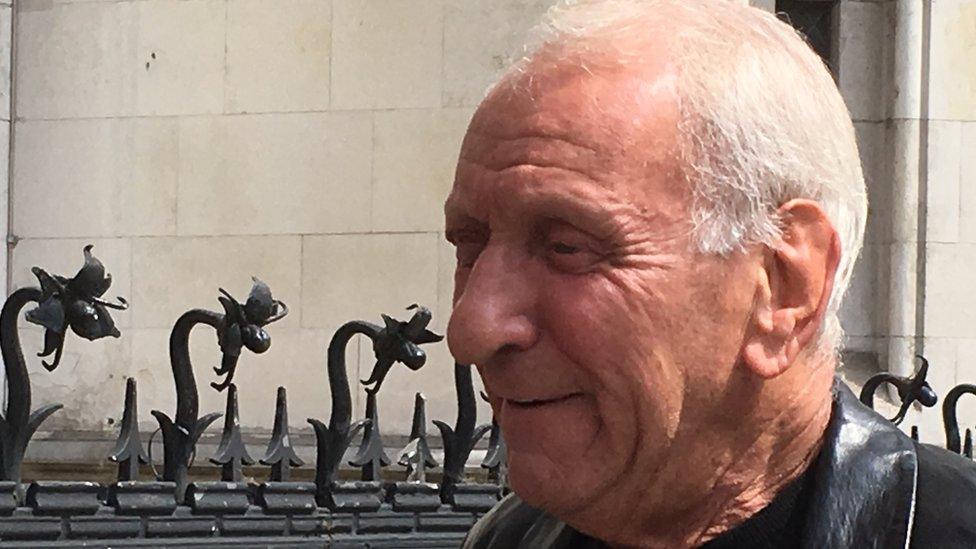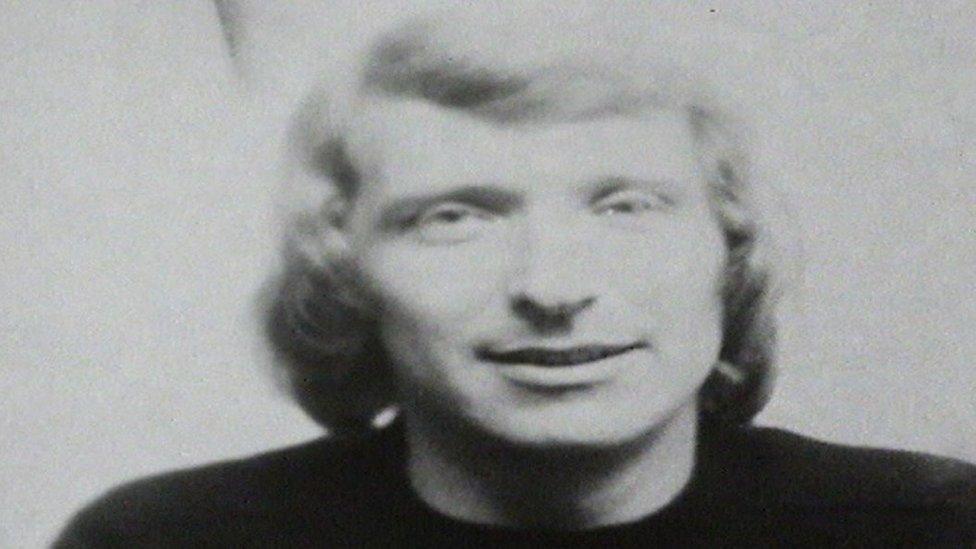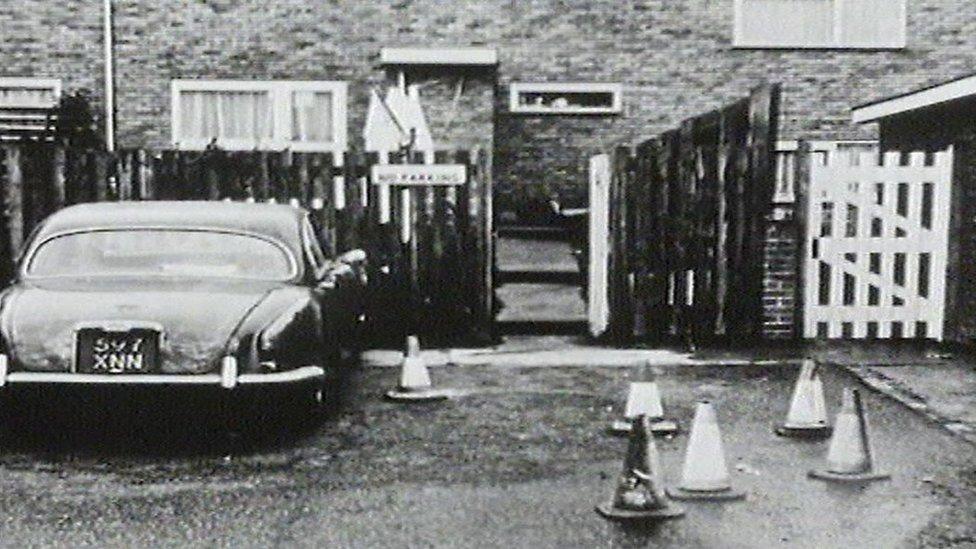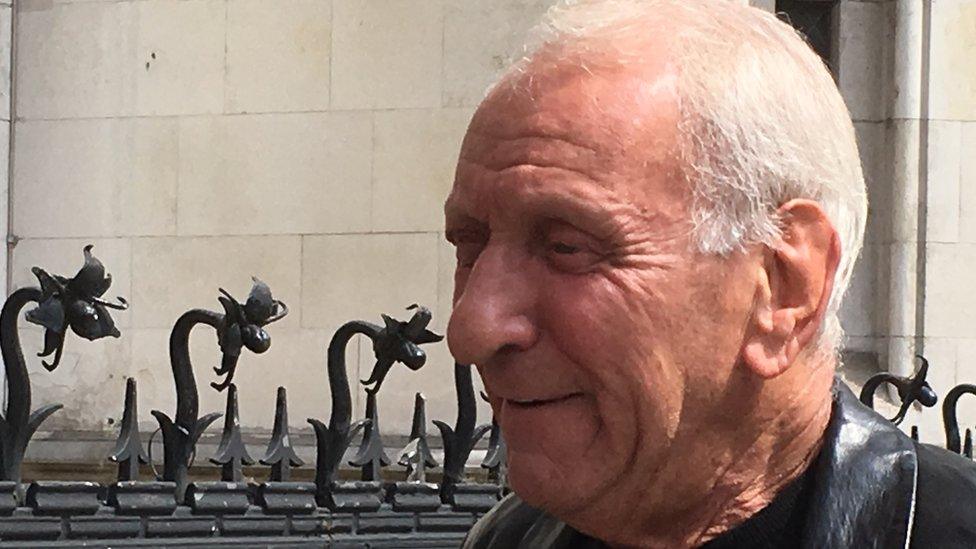Judicial review into Paul Cleeland murder conviction
- Published

Paul Cleeland is contesting a CCRC decision not to refer his case back to appeal
A man at the centre of one of the UK's longest alleged miscarriages of justice has been granted a judicial review.
Paul Cleeland, of Kent, spent 26 years behind bars for Terry Clarke's 1972 murder in Hertfordshire and has spent decades fighting to clear his name.
He sought a review of a Criminal Cases Review Commission (CCRC) decision not to send his case to appeal. The hearing is expected to take place next year.
Cleeland's MP Damian Collins said the development was "excellent news".
The Folkestone and Hythe MP believes the case may be "one of the last great miscarriages of justice from the 1970s" - a decade that saw the wrongful convictions of Judith Ward, the Guildford Four, Maguire Seven and Birmingham Six.

Paul Cleeland was 30 when he was handed a 20-year jail term
Suspected gangland boss Mr Clarke was shot twice in Stevenage after returning home from a bar on 5 November 1972.
Cleeland, now 75, always insisted he was at home with his wife when Mr Clarke was killed, but legal challenges over the years failed.
At the application hearing in July, Cleeland's counsel Edward Fitzgerald QC argued forensic evidence in the case, including that given by Scotland Yard firearms expert John McCafferty, had been discredited.
Granting permission for the judicial review, Mrs Justice McGowan said: "It is arguable that the flaws in the evidence of Mr McCafferty were given insufficient weight."
The CCRC said it could not comment while proceedings were ongoing.
'Great day'
On hearing of the development, Cleeland claimed that if his case "went back to the appeal court, this conviction would have to be quashed".
He said it was "a great day" for his late mother and aunt, who had both campaigned to clear his name.
Cleeland had complained to the Judicial Complaints Authority (JCA) about the length of time it had taken to receive the judge's order, with claims there had been "delaying tactics".
The JCA has not yet commented.

Terry Clarke was killed after he returned home from a bar
- Published12 July 2018
